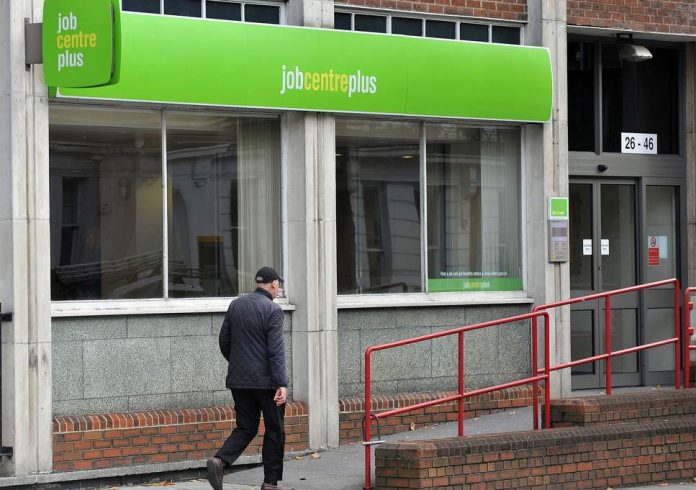The rate of UK unemployment rose to 4.3% in the three months to July from 4.2% in the previous three months, the Office for National Statistics have said
Meanwhile Average regular earnings growth remained at a record high of 7.8% meaning pay is now rising by the same amount as CPI inflation
Vacancies in the Labour market have fallen below a million for first time in two years
Commenting on the figures Ben Harrison, Director of the Work Foundation at Lancaster University,
Pay growth this month is the highest on record and that may be good news for some workers, but it remains concentrated in typically high paying sectors such as business and finance. Many low paid workers in sectors like retail and transport are continuing to see their wages fall short of inflation.
“Meanwhile today’s data also confirms that vacancies dropped below a million for the first time in two years but remains historically high, and long-term sickness has hit a new record high of 2.6 million. This will further increase the pressure on Government to act on worker shortages.
“But the reality is that many people with long-term illnesses who are looking to work face limited choices due to their conditions. Pushing these workers prematurely into any job without adequate support is only going to make the UK’s long-term sickness challenge worse.
“Any further punitive measures – such as real-terms cuts to benefits or failing to raise social security levels in line with inflation – will risk pushing millions of workers and jobseekers into poverty and must be avoided. Instead, there needs to be more focus on tailored support for jobseekers with different needs, and a renewed drive to work with employers to increase the quality of jobs on offer.”







